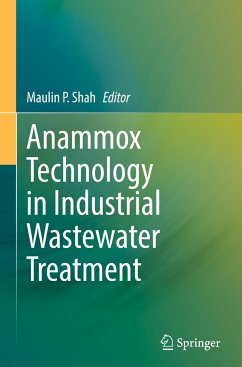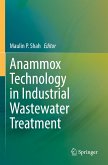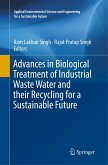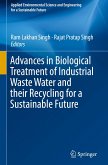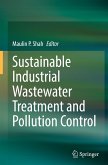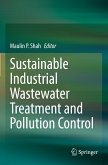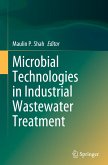Ammonia in wastewater causes the eutrophication of water bodies and the subsequent depletion of dissolved oxygen. In addition, certain forms of nitrogen such as ammonia, nitrite, and nitrate are highly toxic to aquatic life. Although there are several biological and physical-chemical techniques for the removal of ammoniacal nitrogen compounds, including air stripping and breakpoint chlorination, which have been widely applied, a microbiological or microbe-based approach is attractive because it is based on sustainable technologies. In this regard, ammonia-oxidizing bacteria have recently gained great interest, specifically in wastewater treatment plants for the removal of ammoniacal nitrogen especially, owing to its relatively low capital cost, eco-friendliness, and high efficiency when compared with conventional cleanup technologies. This book provides specific and advanced knowledge on the microbial ecology of ammonia-oxidizing bacteria and their diversity and functions in the treatment of toxic pollutants present in wastewater. The book thus serves as a valuable resource for engineers, scientists, and managers who require an excellent introductory and advanced knowledge of the field, professionals who are working or interested in the environmental microbiology or bioremediation field, and students learning about environmental biotechnology and microbiology.
Bitte wählen Sie Ihr Anliegen aus.
Rechnungen
Retourenschein anfordern
Bestellstatus
Storno

